The International Center for Equity in Health (ICEH), since its inception, has been involved in capacity strengthening, mostly in partnership with the Countdown to 2030 initiative. ICEH members participate in or organize workshops, courses and country case studies carried out in several places, mainly in Africa and in Latin America and the Caribbean. The activities include lectures and practical sessions to highlight the importance of the evaluation of inequalities in the context of reproductive, maternal, neonatal, child and adolescent health and nutrition. Below is a list of all such activities which the ICEH has organized or collaborated with.
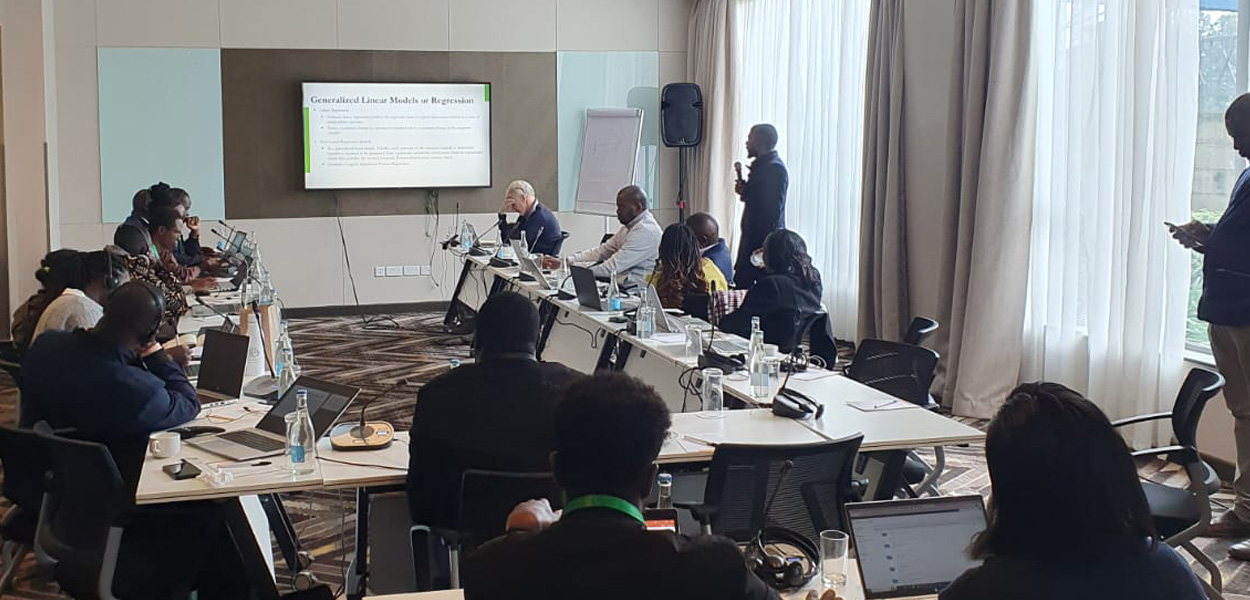
This training was part of the Countdown 2030 for Women’s, Children’s, and Adolescents’ Health (CD2030) Fellowship Program to strengthen research and analytical capacities for monitoring and tracking the progress of life-saving interventions for Reproductive, Maternal, Newborn, Child and Adolescent Health and Nutrition (RMNCAH+N) in CD2030 collaborating countries in Africa. ICEH researcher Leonardo Ferreira with remote participation from Aluisio Barros conducted four sessions, divided into lectures and practical guided exercises, with the objective of introducing key concepts of equity in health, methods and tools for analyzing and visualizing equity-disaggregated data and reflections on interpretation, patterns and trajectories of health inequalities.
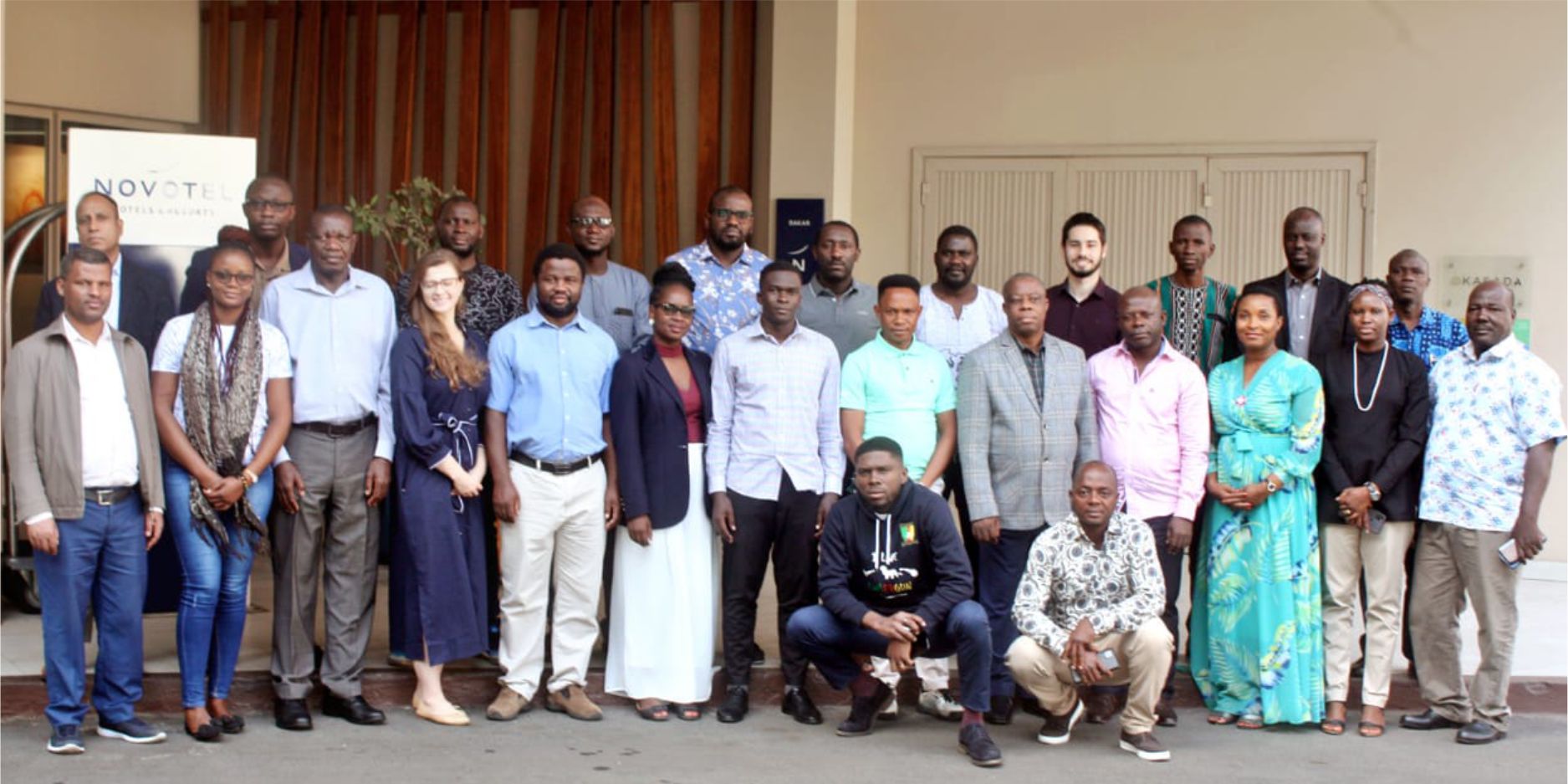
From April 3rd to April 7th, the Track20 initiative partnered with the Countdown to 2030 to strengthen analytical capacities and evidence use for Reproductive, Maternal, Newborn, Child, and Adolescent’s Health in low- and middle-income countries. The workshop aimed to support officers and analytics working family planning within Ministries of Health and academic institutions to use tools and methodologies to improve effectiveness of monitoring of family planning in their countries. ICEH researchers Leonardo Ferreira and Franciele Hellwig were responsible for discussing equity in the context of family planning and supervised the reports produced by each country. The training included participants from over 50 countries who participate in the global FP2030 initiative.
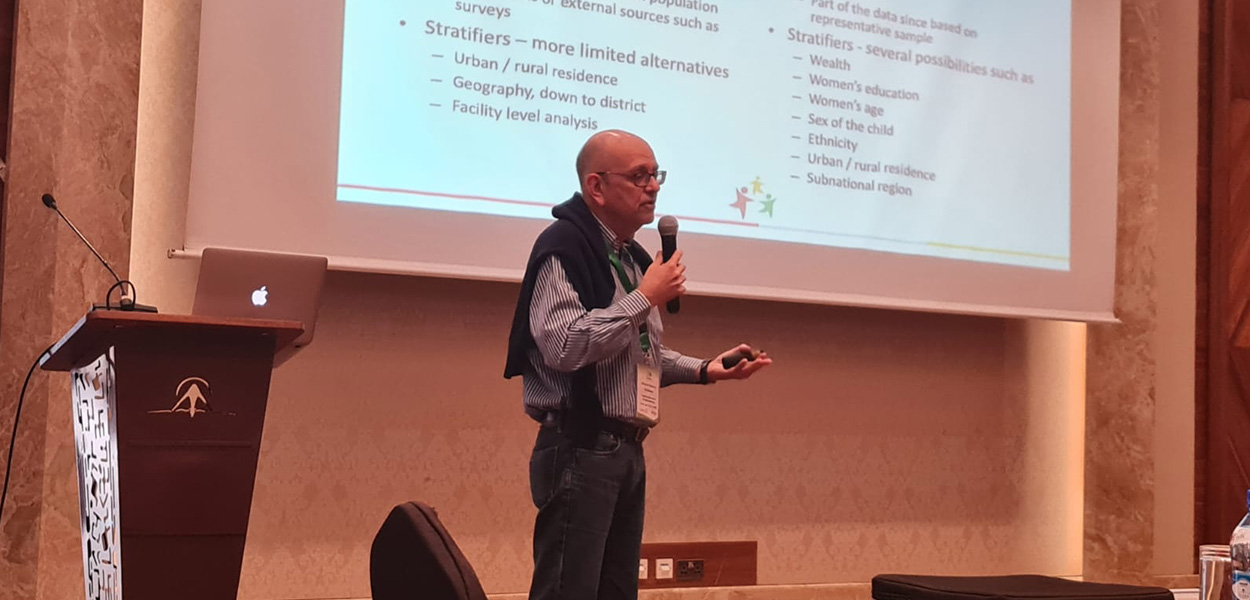
The event was promoted by the Countdown to 2030, with the support from the African Population Health Research Center and Global Financing Facility. Twenty-two countries sent participants, all of them from the Sub-Saharan African region. ICEH researchers coordinated the training session “Survey coverage and equity analyses to support facility data analyses” showing how to work with coverage indexes and equity measures at national and subnational levels. During the workshops, participants learned about tools to work health facility data collected by their own countries.
In June 2022, researchers from the International Center for Equity in Health (ICEH) Aluisio Barros and Fernando Wehrmeister participated in the event “Producing reliable national and subnational health statistics with a focus on maternal, newborn and child health and nutrition” whose objective was to strengthen skills of the country teams in the analysis of health facility and national and subnational data.
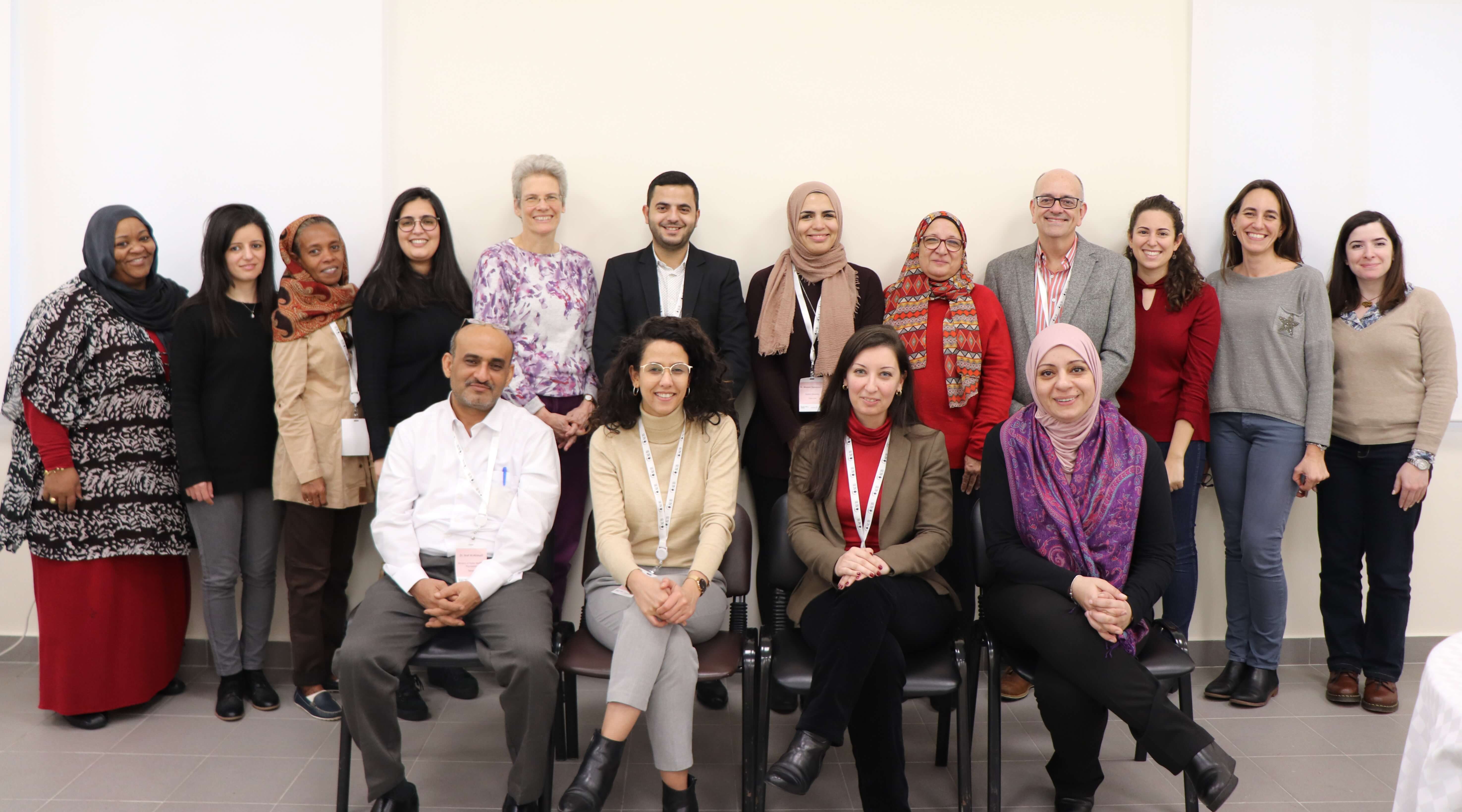
This workshop aimed to analyze data on female-headed households, using nationally representative surveys with a focus on gender equity. It was held at the American University of Beirut in Beirut, Lebanon, in January 2020. The target participants were mainly from academic institutions from the MENA region. Aluísio Barros, a researcher and the technical director of the ICEH, participated as one of the facilitators.
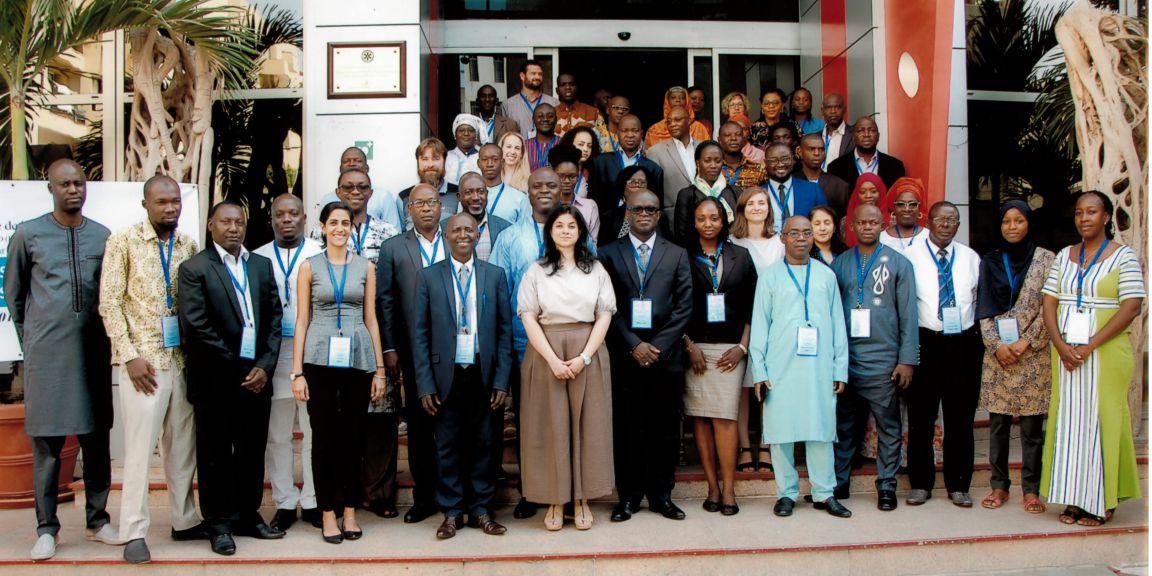
In collaboration with West African Health Organization, Johns Hopkins University and African Population Health and Research Centre, the ICEH researchers Fernando Wehrmeister and Inacio Crochemore da Silva participated in the first workshop on nutrition data for the Countdown to 2030 initiative. This workshop was held in Dakar, Senegal, in June 2019. The ICEH researchers covered how to calculate and interpret data on nutritional indicators by applying an equity lens to the data. Participants included Ministries of Health and academic personnel.
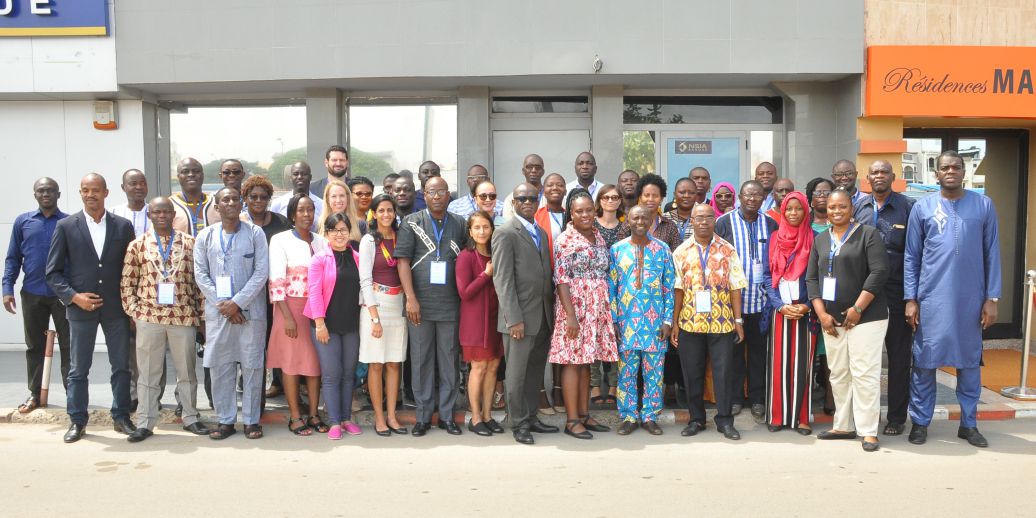
With the theme “Leaving no woman and no child behind: levels and trends in inequalities in nutrition coverage and status among women, children, and adolescents”, ICEH researchers Inacio Crochemore da Silva and Giovanna Gatica-Domínguez participated as facilitators in the 2nd nutrition workshop held in Dakar, Senegal in October 2019. It included participants from Ministries of Health and academics from Economic Community of West African States (ECOWAS). The participants acquired competences in equity analysis and data interpretation in order to expand countries’ progress.
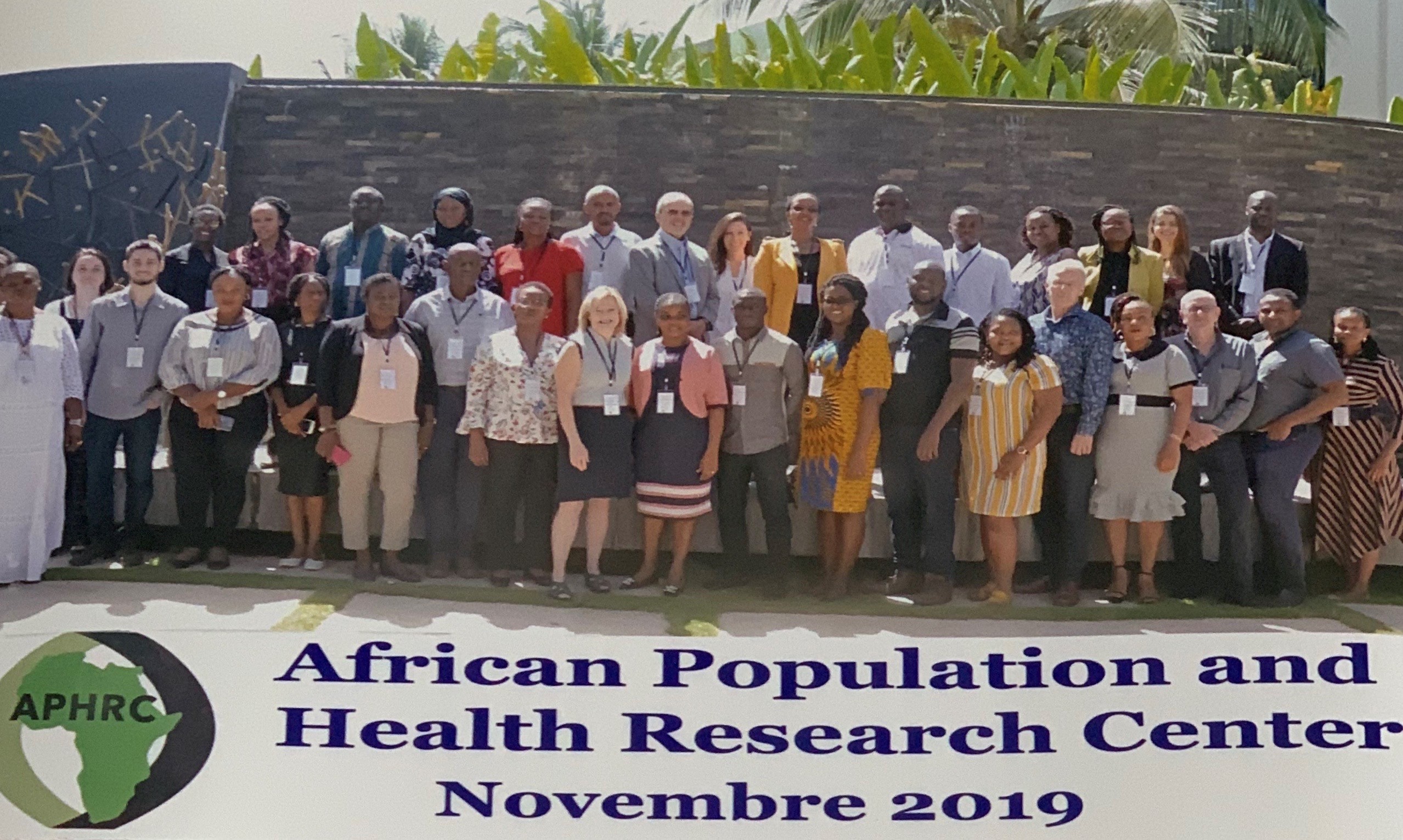
This workshop was organized by the ICEH, in partnership with the African Population Health Research Centre, and was held in Dakar, Senegal in November 2019. The aim of the workshop was to discuss and analyze data primarily from the Demographic and Health Surveys and the Multiple Indicators Cluster Surveys. Cesar Victora and Aluisio Barros, the heads of the ICEH, and the researchers Leonardo Ferreira, Franciele Hellwig and Andrea Wendt served as facilitators for the participants, who included researchers and political personnel involved in gender equality.
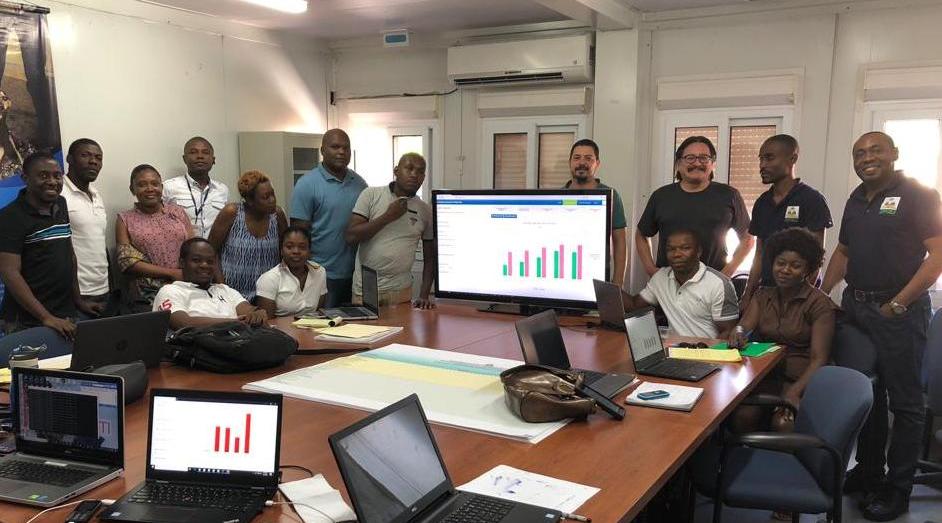
From April to May, 2019, ICEH and PAHO/WHO collaborated with the Haiti health authorities in order to provide a big picture of maternal and child health in the country. The Haiti case study also included a workshop on equity measurements, where the researchers Gary Joseph and Luis Paulo Vidaletti were responsible for organizing the workshop agenda and sessions. The aim of the workshop was to inform the Ministry of Health personnel on how to analyze and interpret data based on surveys carried out in Haiti throughout the years.
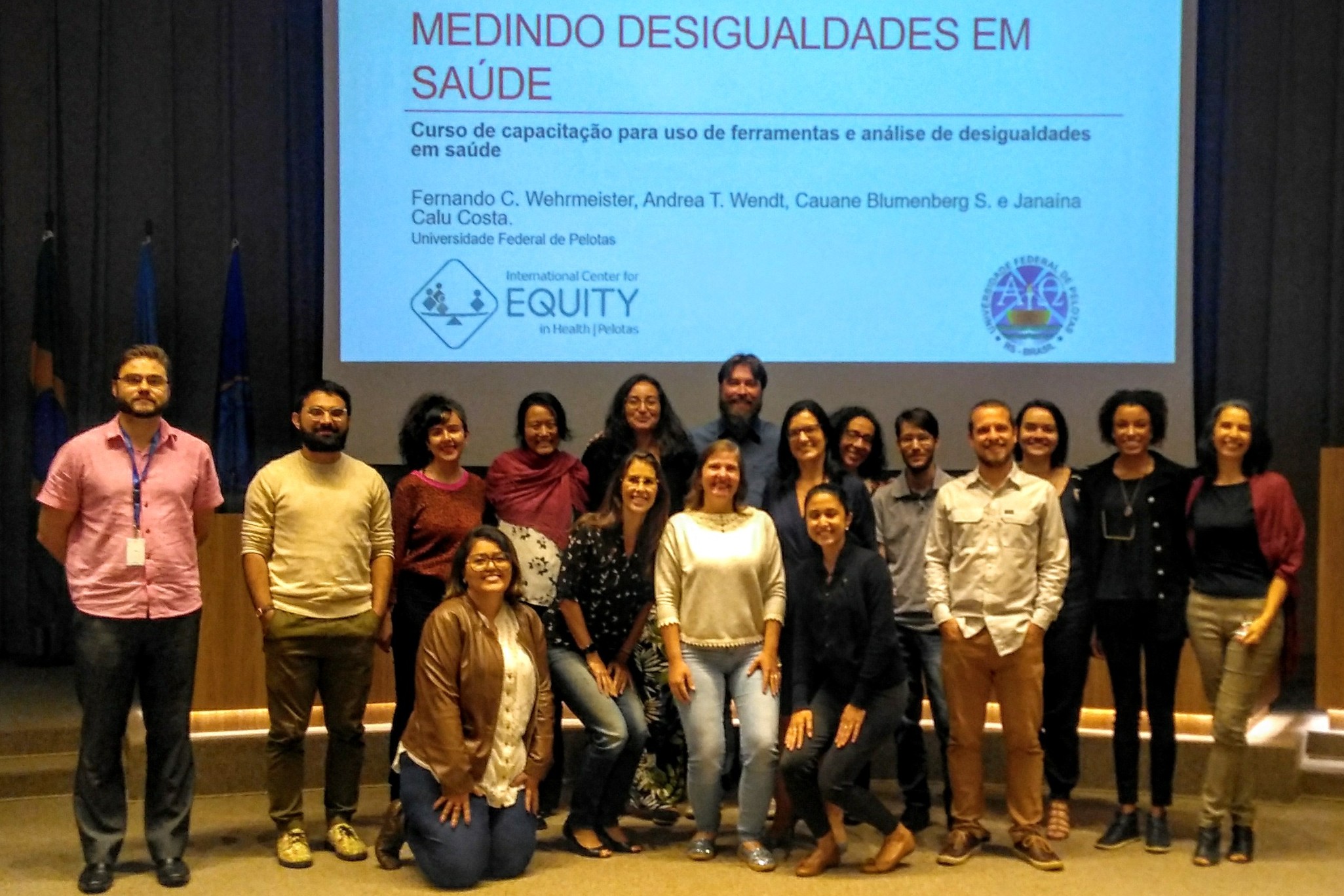
The Brazilian Ministry of Health and the Pan-American Health Organization called for a partnership with the ICEH, a WHO collaborative center for health equity. The partnership was built on the premise that health services in the country need people to understand the importance of equity analysis in the monitoring of health indicators. The workshop occurred in November, 2019 and was led by the ICEH researchers Fernando Wehrmeister, Andrea Wendt, Cauane Blumenberg and Janaína Calu Costa. The target participants of the workshop were technical staff from the Ministry of Health and PAHO.
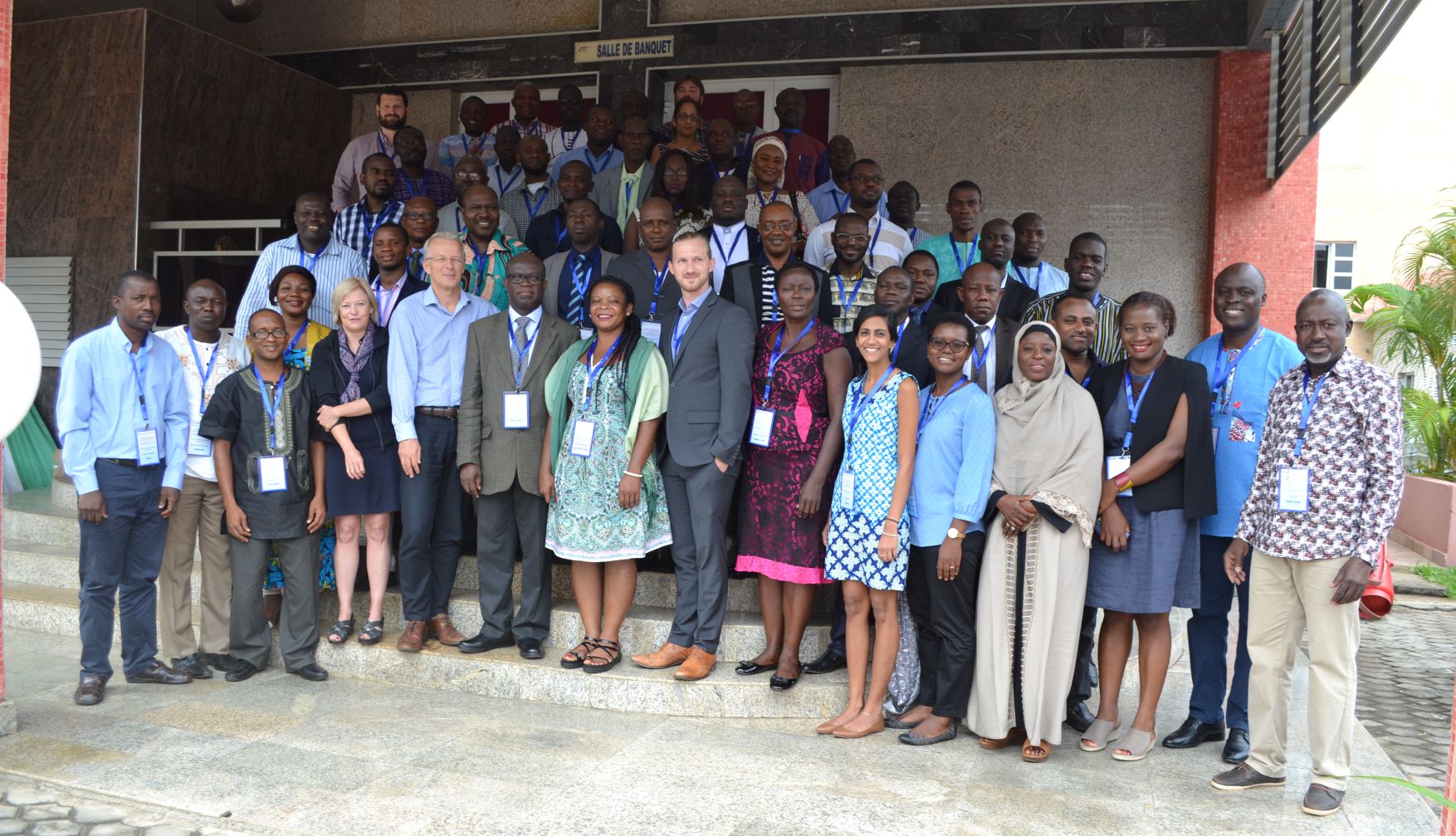
The "2nd Data Analysis Workshop to strengthen analysis and evidence for RMNCAH in West and Central Africa" was promoted by the Countdown to 2030 initiative, of which the ICEH is one of the collaborators. The workshop was held in Grand-Bassam, Ivory Coast, in September, 2018 and focused on data analysis and interpretation. The equity session was led by the researchers Fernando Wehrmeister and Inacio Crochemore da Silva and included simple and complex inequality measures for ordered and non-ordered groups. Academics and Ministry of Health participants were selected to be part of the workshop.
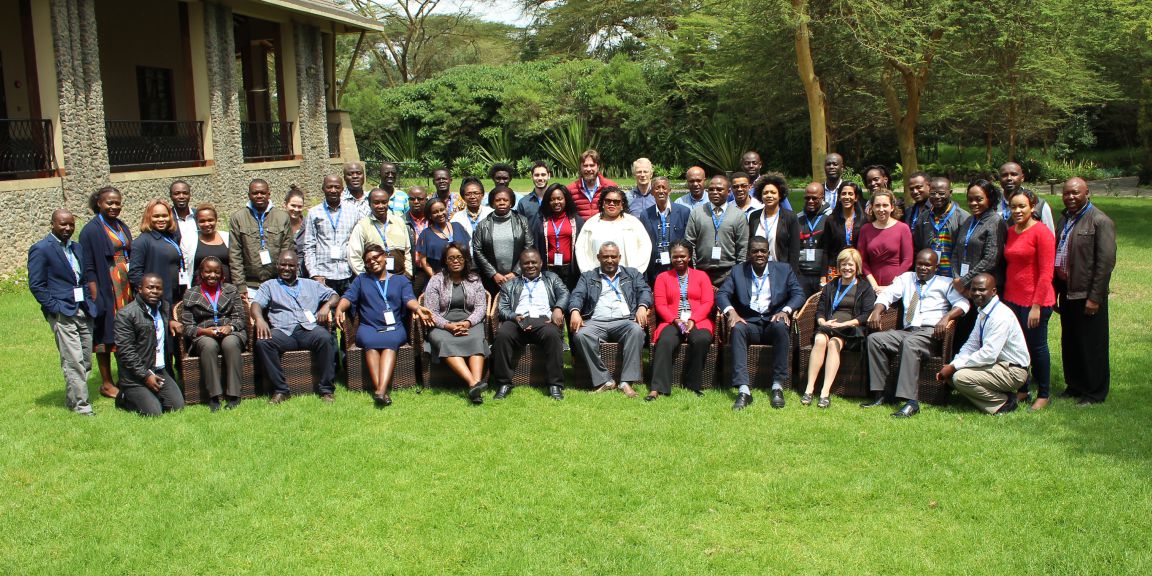
During July 2018, the “2nd Countdown to 2030 capacity building workshop” was held in Naivasha, Kenya. The ICEH researchers Fernando Wehrmeister and Leonardo Ferreira were responsible for the equity analysis session and facilitating the practical sessions during the workshop. These sessions include how to measure health inequalities in simple and complex ways, focusing on the target readers of the results. Representatives from Eastern and Southern African countries were included in the workshop, mainly from Ministries of Health, public institutions and academia in the countries of these regions.
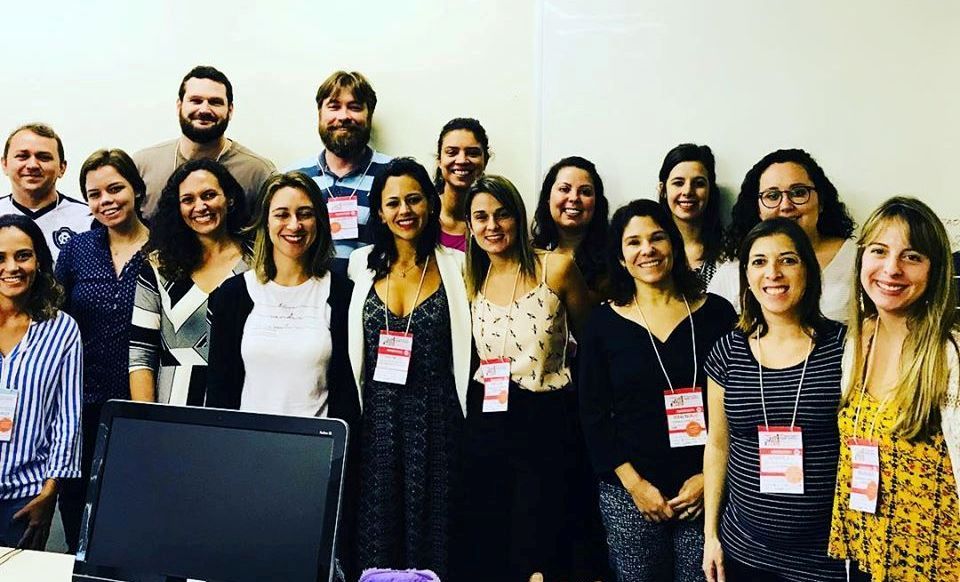
During the 12th Brazilian Congress of Public Health, the ICEH offered a pre-congress short course on health equity measurements with a focus on maternal and child health. This workshop occurred in August, 2018 at the Universidade Estadual do Rio de Janeiro (UERJ). Fernando Wehrmeister, Inacio Crochemore da Silva, Carolina Coll and Marilia Mesenburg were responsible for organizing the short course, which included measurements of simple and complex equity metrics for ordered and non-ordered groups. The target participants were Master’s and PhD candidates, although health services personnel also participated in the short-course.
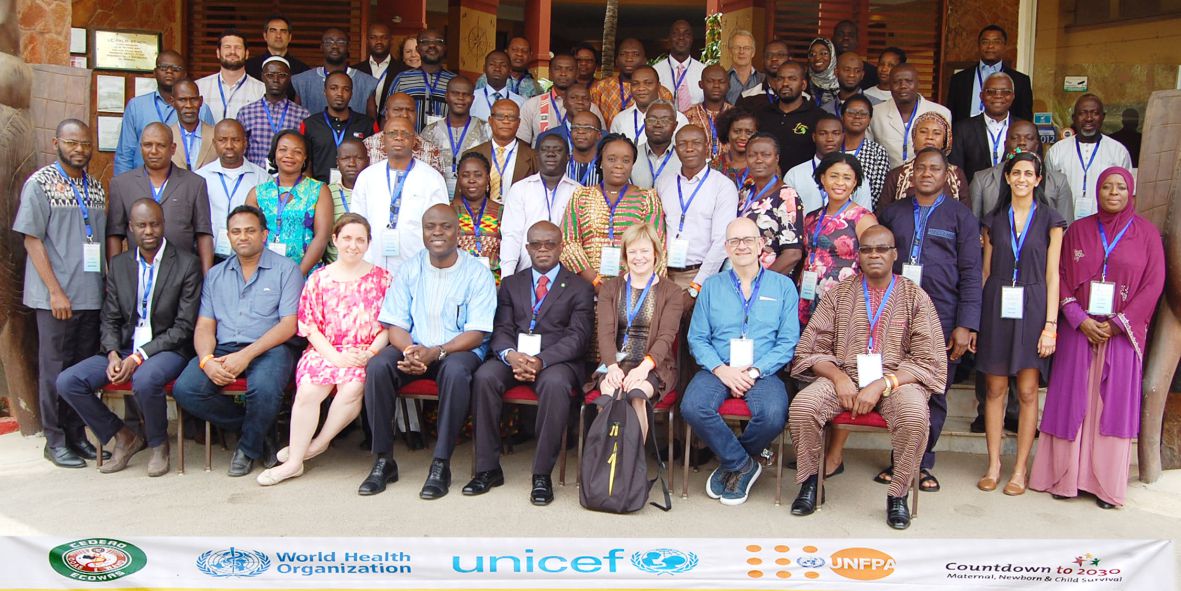
With the objective to introduce the participants to applying an equity lens to data analysis, the ICEH researchers Aluísio Barros and Inacio Crochemore took part in the Countdown to 2030 workshop "Strengthening Analysis and Evidence for Reproductive, Maternal, Newborn, Child, and Adolescent Health and Nutrition (RMNCAH&N)". The event was held in Saly, Senegal, in March, 2018 with a collaborative effort between WAHO, the World Health Organization (WHO), Unicef, United Nations Population Funds (UNFPA) and APHRC together with the ICEH and Countdown to 2030 initiative. Equity sessions included complex measures of inequalities applied to coverage indicators calculated through DHS and MICS surveys. Participants were personnel from Ministries of Health, the public sector and academia.
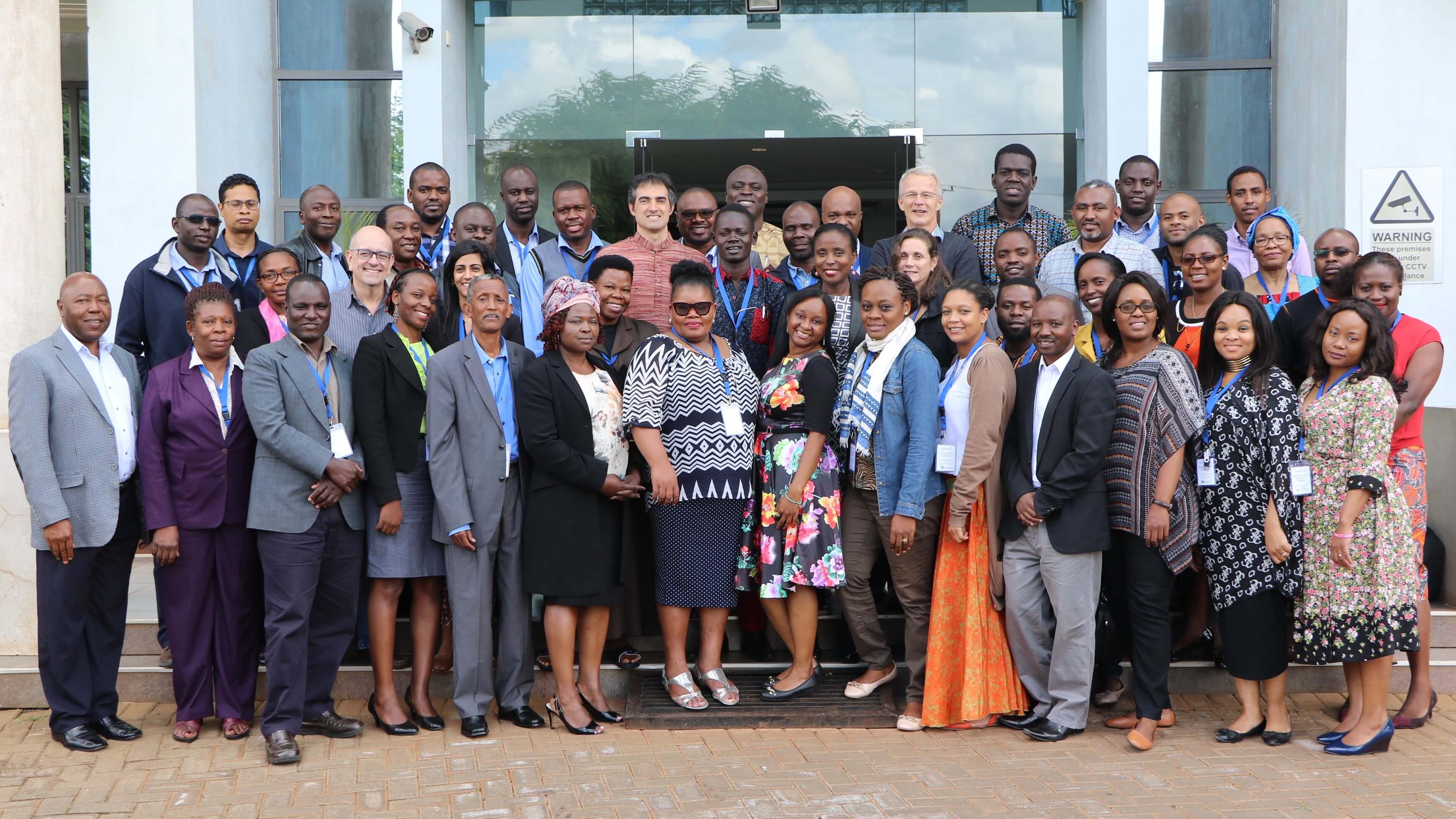
In December, 2017 the “Analytical workshop on the continuum of care for Reproductive, Maternal, Newborn, Child, and Adolescent Health and Nutrition” took place in Nairobi, Kenya. Aluísio Barros, from the ICEH, participated as co-organizer of the workshop and facilitator for equity sessions during the event. Personnel from Ministries of Health, academics and the public sector were among the target participants for the workshop, aimed at increasing the ability to analyze and interpret data with an equity focus.
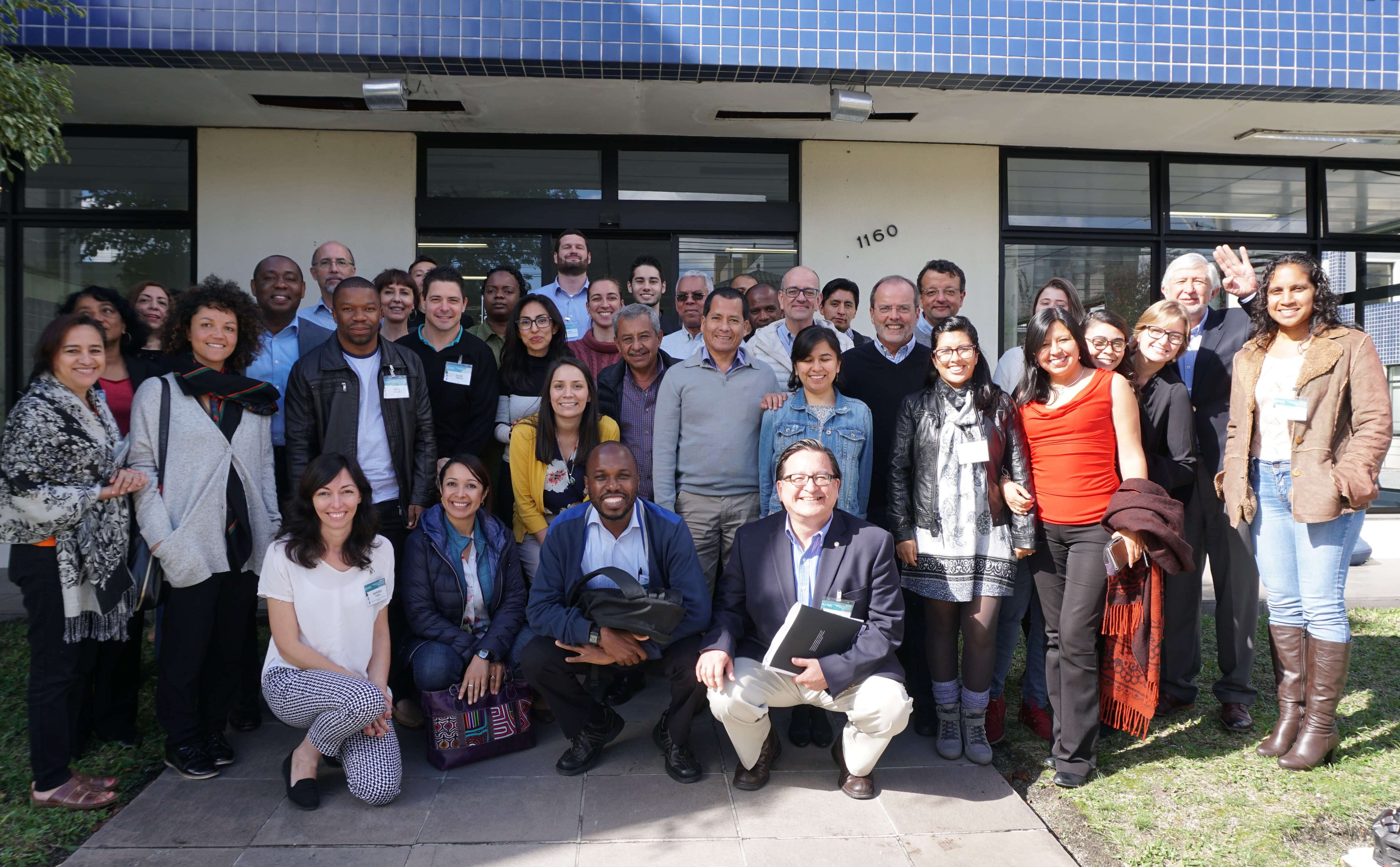
During May, 2017, the ICEH received researchers and Ministry of Health personnel to discuss ethnic inequalities in RMNCH in Latin America. The aim of the workshop was to discuss how to analyze data disaggregated by ethnic status, and how to analyze inequality by this stratifier. The activity included a theoretical and practical session on the topic organized by the ICEH directors Cesar Victora and Aluísio Barros and the researchers Marilia Mesenburg and Maria Clara Restrepo. The entire ICEH team participated as facilitators during the practical sessions.
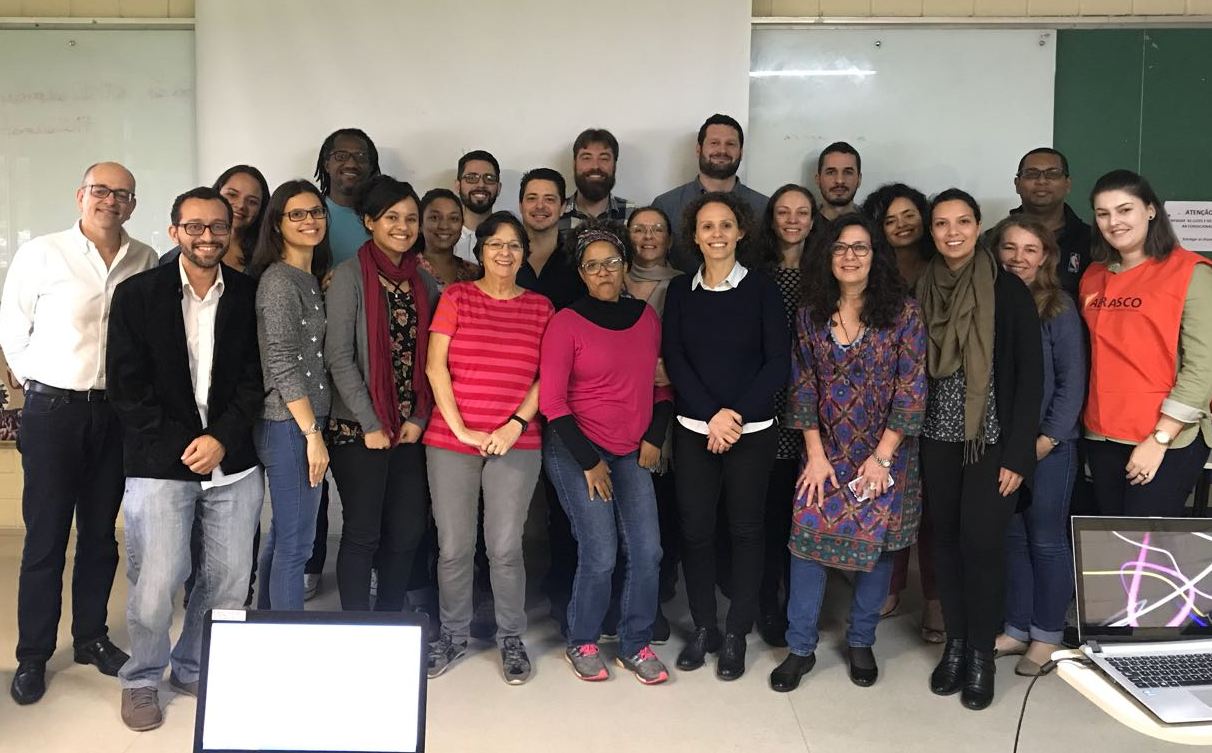
As part of the pre-congress activities in the 10th Brazilian Epidemiology Congress, the ICEH offered a short course on health equity measurement. The course was organized by the ICEH researchers Aluísio Barros, Fernando Wehrmeister, Inacio Crochemore da Silva and Luis Paulo Vidaletti and included data from the DHS and MICS surveys. The topics covered included simple and complex measures of inequalities, strategies to monitor progress in indicators and a discussion of time trend analysis. The target participants included Master’s and PhD candidates, while health services personnel also participated in the activity.
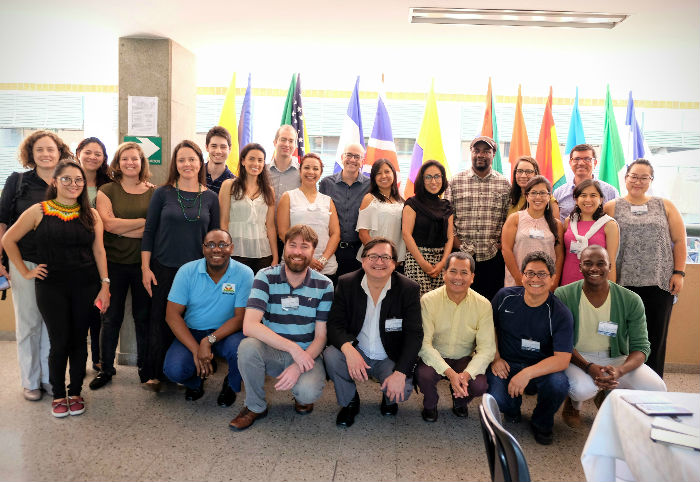
During November, 2016, the ICEH and the Universidad de Antioquia co-organized a workshop on measuring inequalities in RMNCH, held in Medellin, Colombia. The workshop focused on monitoring health coverage and equity in RMNCH. Attendees included service managers, policy makers, and researchers at federal or state health agencies, international organizations, or academic institutions from 11 countries in Latin America. The topics of the workshop included how to construct an indicator, how to choose the stratifiers to analyze, simple and complex measures of inequalities, and monitoring and time trend analyses. Members of the ICEH team present included the directors Cesar Victora and Aluísio Barros and the researchers Maria Clara Restrepo, Fernando Wehrmeister and Leonardo Ferreira.
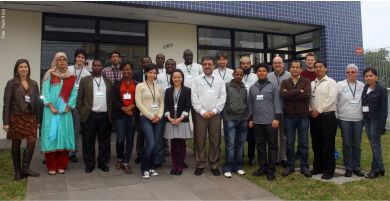
In June, 2013, representatives from eight countries participated in a week-long scientific program organized entirely by the ICEH (Cesar Victora, Aluisio Barros, Maria Clara Restrepo, Fernando Wehrmeister, Giovanny França and Leonardo Ferreira). The workshop included daily theoretical and practical sessions on data analysis with a focus on equity and health coverage. The scientific-technical cooperation was provided to eight countries - Afghanistan, Pakistan, Ethiopia, Malawi, Kenya, Rwanda, Tanzania and Peru - and was aimed at enabling researchers and national health institutions to improve the monitoring of interventions toward the achievement of Millennium Development Goals 4 and 5, signed in 2010 by the United Nations member states to reduce the mortality of children under five years and improve the health of women during pregnancy.